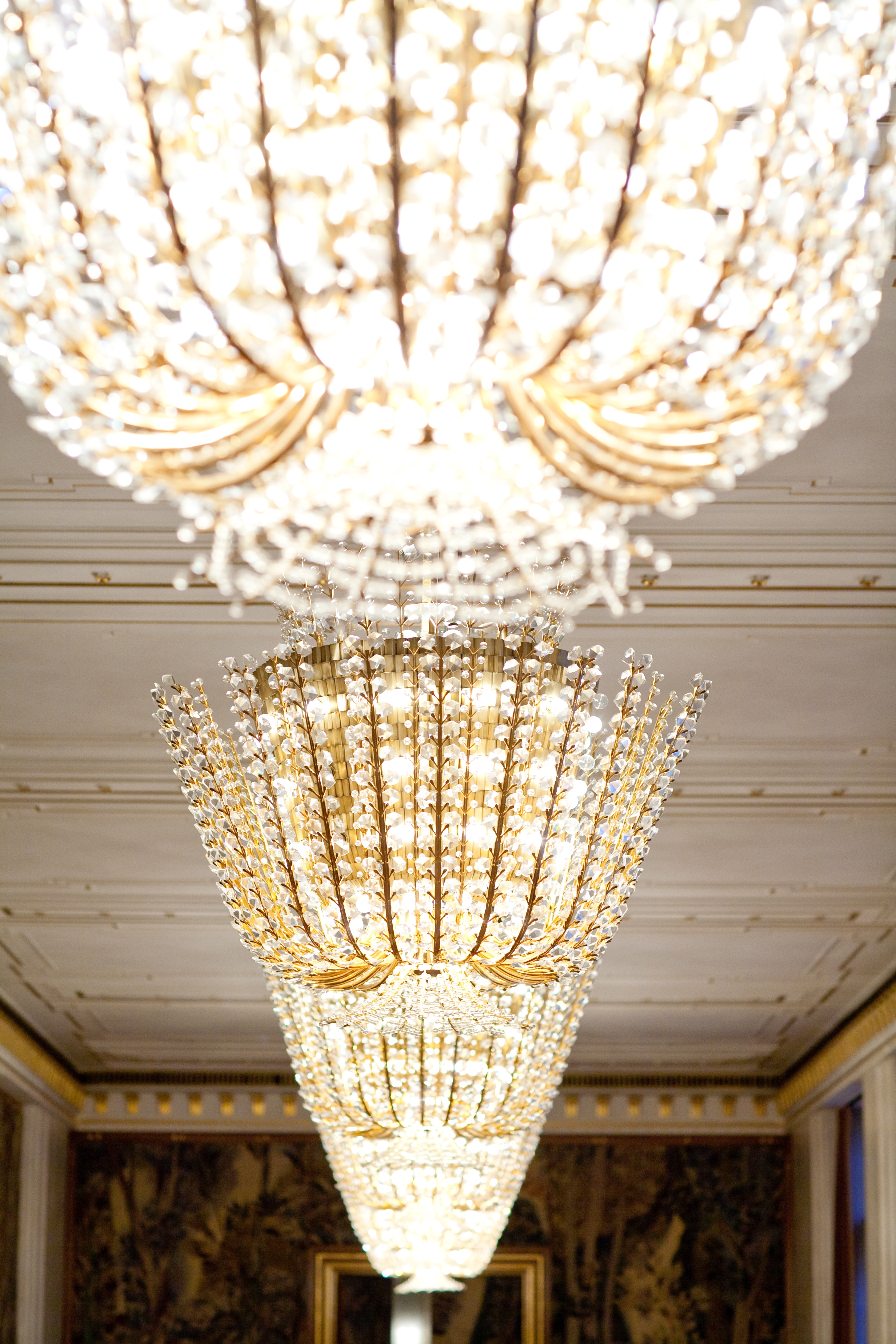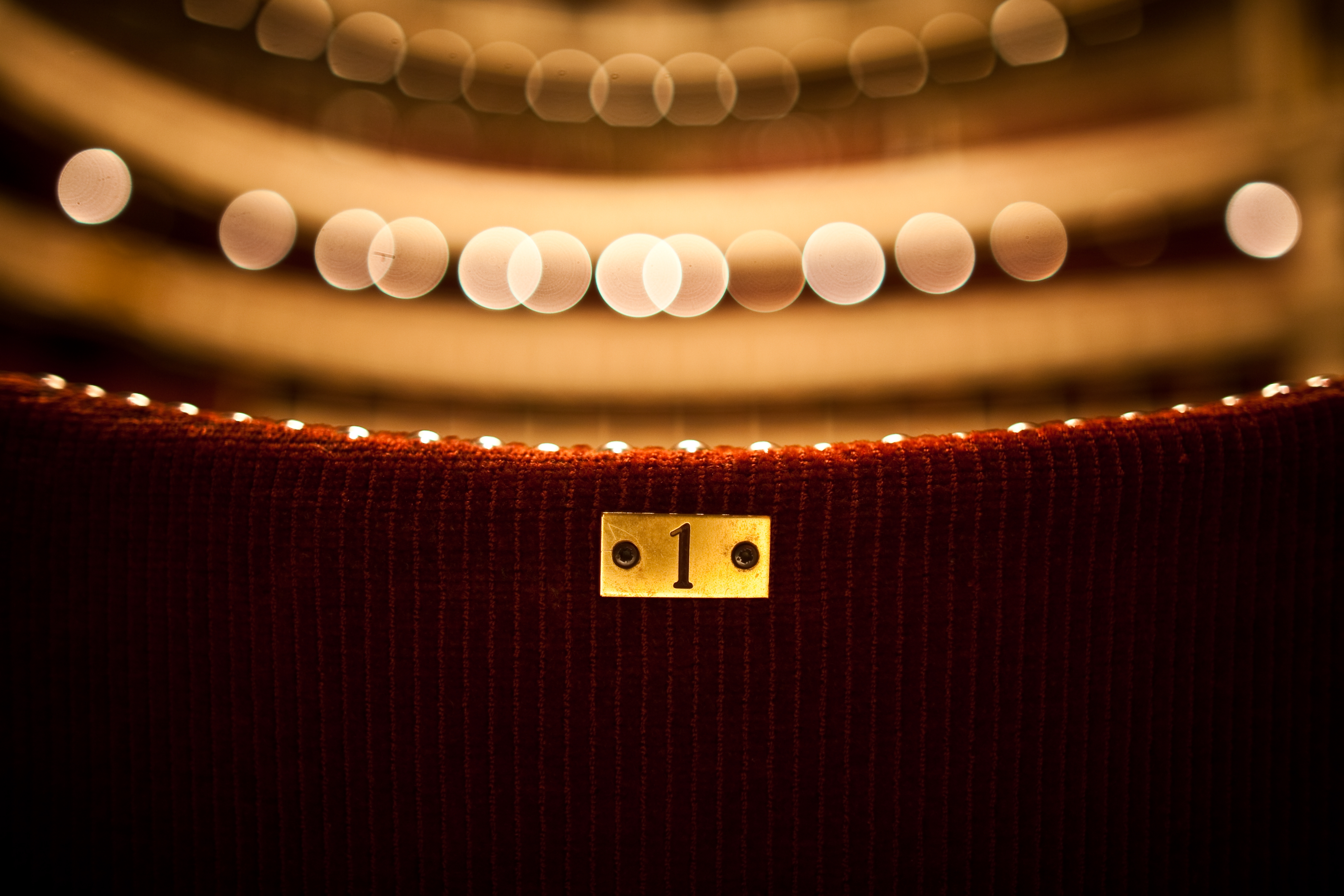
Short Summary
In the final part of the Nibelung tetralogy, Siegfried goes out into the world,
gets caught up in Hagen's intrigues and is murdered by him. Dying, he remembers his love for Brünnhilde. She finally succeeds in cleansing the ring of its curse before the Rhine regains it. Valhalla, the castle of the gods, goes up in flames and the people witness the downfall of the race of gods with great emotion.
Götterdämmerung
Storyline

Alberich's theft of the Rhinegold, the curse of the ring, Wotan's self-constitution through the cutting of his contractual spear from the world ash tree, its withering, its felling, Siegfried's meeting with Wotan. But the rope of fate breaks and the Norns flee down to their mother Erda.
Siegfried bids farewell to Brünnhilde at the Valkyrie Rock and is given protective runes by her; Siegfried leaves her the Ring of the Nibelung as a pledge of love.

Hagen, Alberich's son, advises his half-brother Gunther and his sister Gutrune to increase their fame:
Gunther should marry Brünnhilde and Gutrune Siegfried. When the latter comes to them, Gutrune, on Hagen's advice, gives him a potion that makes Siegfried suddenly forget Brünnhilde - he falls in love with Gutrune. In order to win her, he promises to fetch Brünnhilde from the Valkyries' Rock for Gunther.

After forming a blood brotherhood with Gunther, Siegfried hurries off to win Brünnhilde for Gunther. In the meantime, Brünnhilde is visited by her sister, the Valkyrie Waltraute. She begs her to return the ring to the Rhinemaidens in order to break the curse. However, Brünnhilde refuses the ring, as it is Siegfried's love pledge. Siegfried appears, transformed into the form of Gunther by his cloaked helmet, passes through the fire and conquers Brünnhilde. As a sign of her marriage - to Gunther - he takes the ring from her.

In a nocturnal scene, Alberich warns his son Hagen to win the ring for him.
When Brünnhilde, who arrives with Gunther, sees Siegfried and Gutrune as a couple and recognizes the ring on Siegfried's hand, she accuses him of betrayal. Siegfried denies his guilt. But Hagen, Gunther and Brünnhilde decide to kill him.
While hunting, Siegfried meets the Rhinemaidens, who ask him for the ring and warn him of the curse.

But the ring remains with Siegfried. The hunting party joins him and, at Hagen's request, Siegfried tells them about his past life. As he speaks, Hagen gives him a potion that restores his memory of Brünnhilde. Hagen uses it to obtain Siegfried's confession of betrayal and thrusts a spear into his back. Dying, Siegfried remembers his love for Brünnhilde. Hagen kills Gunther in the dispute over the ring, but Brünnhilde now reasserts her original right to Siegfried - and the ring:

She orders Siegfried to be burned and throws herself into the fire. The Rhine overflows its banks and floods the site of the fire, the three daughters of the Rhine drag Hagen, who wants to win the Ring for himself, into the depths and the Ring is returned to the Rhine. While Valhalla goes up in flames, the people witness the downfall of the race of gods with great emotion.
The production of the Ring tetralogy at the Vienna State Opera is by Sven-Eric Bechtolf, who has created a series of directorial works at the Haus am Ring. Wrapped in a timelessness, he tells the Ring story as a model of the world, whereby the director does not want to set any concrete contemporary political or social interpretations: "If one refrains from beautiful blue-eyedness and refrains from moving smoothly from A to B, the Ring is worldly even without a "message". Despite or through abstraction. Rich in conflict, not stringent. Completely contradictory, but effective. In my eyes, it touches on the big questions and issues of our existence in a richly associative way, without having answered anything or held out the prospect of anything."
"What is striking about the music of Götterdämmerung in comparison to the other parts of the Ring in this context is that the music of the Ring has now become old, so to speak, with the long history of the tetralogy's creation, and not just because of changes in Wagner's writing style; rather, what is fascinating is how Wagner succeeded in dramaturgically combining his musical language, which had matured after his experiences with Tristan and Isolde and the Meistersinger von Nürnberg, with the immanent historicity of the Ring narrative, a tendency that is already apparent in Siegfried . But what still sounded unbrokenly positive and youthful in the final act of Siegfried now appears aged with the opening of the curtain to the Norn scene, like music that has acquired a patina." (Tobias Janz)
"In my opinion, Wagner didn't write the Ring for the stage, but for his head theater. He closed his eyes and experienced a theater that could do anything. If we were to see the movie that Wagner had in his head and hear the music, then perhaps he really would have achieved what he wanted: catharsis." (Sven-Eric Bechtolf)









